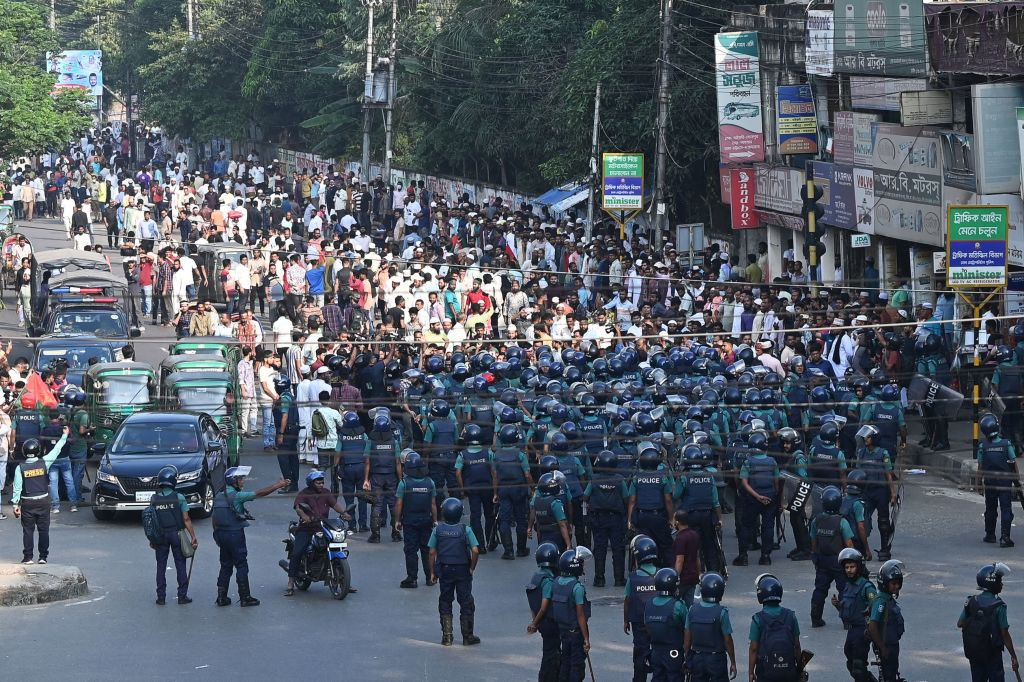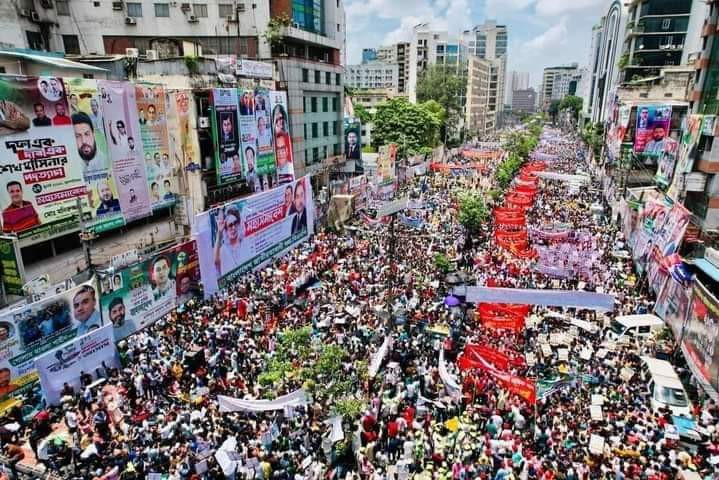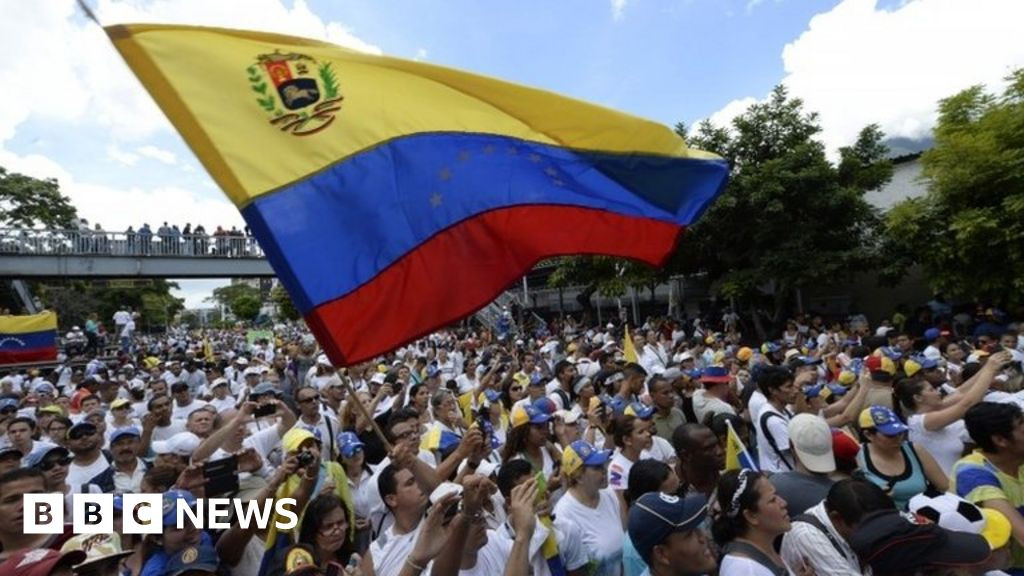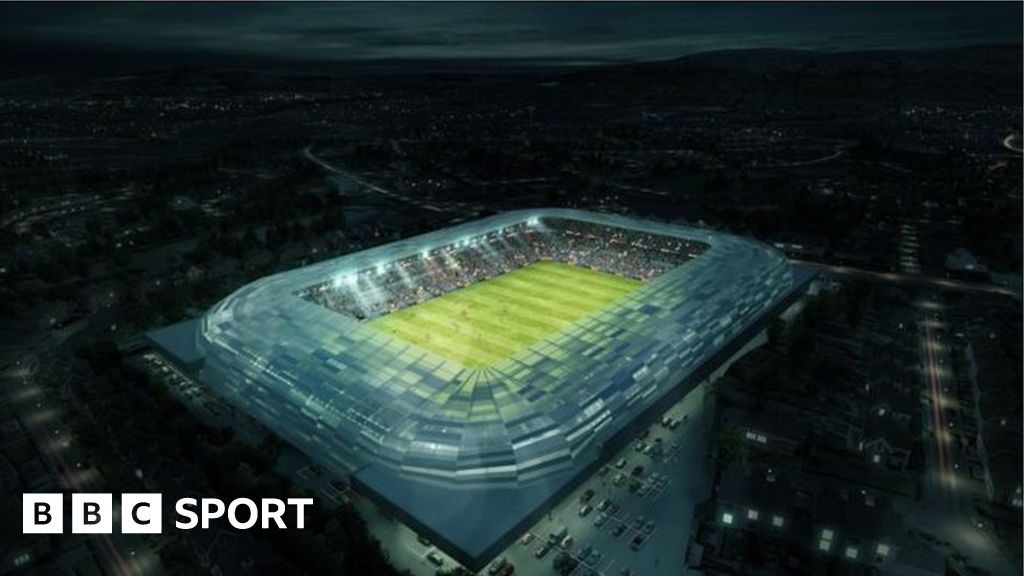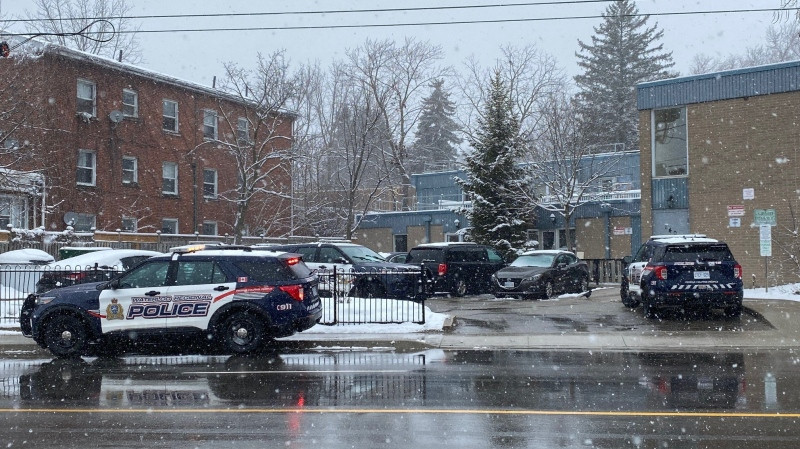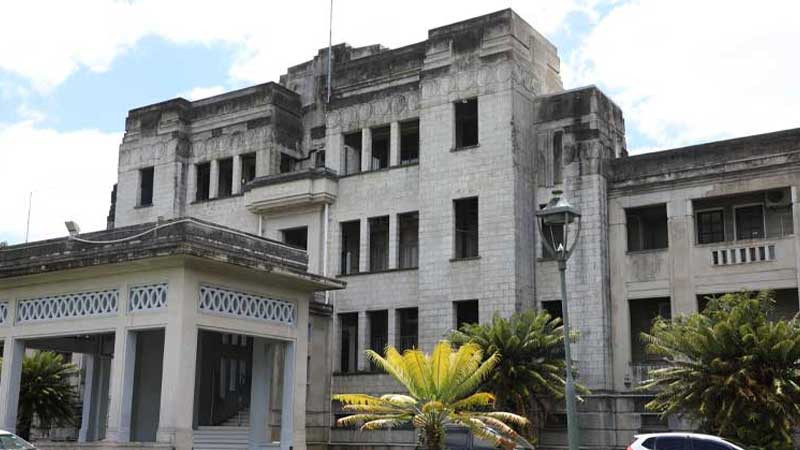Bangladesh in Chaos as Prime Minister Flees Amid Deadly Protests
The political landscape of Bangladesh has been thrown into turmoil following the resignation of Prime Minister Sheikh Hasina and the subsequent declaration by the army to form an interim government. The move comes as the country grapples with a wave of violent protests, with at least 300 reported deaths since they began in July. The protests, fueled by a mix of economic hardship and anger at perceived corruption, have seen hundreds of thousands take to the streets demanding Hasina's removal.
The dramatic events unfolded on August 5th, after days of escalating clashes between protestors and security forces. Images of thousands of protestors storming Hasina's palace in Dhaka, the capital, were widely circulated. The situation escalated rapidly, with reports suggesting Hasina had fled the country by helicopter. She is believed to have sought refuge in India.
Army Steps In, Promises a New Beginning
The army, which had already been deployed to quell the protests, swiftly stepped in to fill the power vacuum left by Hasina's departure. General Waker-Uz-Zaman, the army chief, addressed the nation via state television, announcing his intention to form an interim government. He pledged to restore order and peace, outlining a plan to engage with opposition parties and members of civil society. However, he emphasized that he would not be engaging with the ruling Awami League party, led by Hasina.
General Zaman's address, delivered in a stern but measured tone, aimed to quell the growing unrest and offer hope for a peaceful transition. He acknowledged the suffering of the Bangladeshi people, highlighting the economic hardships and the loss of life during the protests. He stressed the need for an end to the violence and the importance of restoring peace and stability.
A Nation in Crisis: The Root of the Unrest
The current crisis in Bangladesh has been brewing for years, with rising economic anxieties and disillusionment with the government playing a significant role. The protests, which began as student-led demonstrations, have morphed into a widespread movement encompassing a broad range of grievances. Among the key grievances:
- Economic Disparity: The gap between the rich and the poor has been widening, with many young people struggling to find jobs despite holding degrees.
- Corruption: There is widespread public perception that the government is corrupt and that those close to the ruling party benefit from preferential treatment and access to resources.
- Lack of Democracy: Many citizens feel that their voices are not being heard and that the government is not responsive to their needs.
The Road Ahead: Uncertainty and Hope
The immediate future of Bangladesh remains shrouded in uncertainty. The army's assumption of control marks a significant departure from the country's democratic tradition. While the military has pledged to create an interim government and hold elections, many remain skeptical. Concerns about a potential crackdown on dissent and the possibility of further violence loom large.
The international community is watching the situation closely, urging for restraint and a peaceful resolution. Many believe that this moment presents an opportunity for Bangladesh to address its long-standing issues and chart a course towards a more just and equitable society.
A Nation in Transition: The Search for Peace and Progress
The events unfolding in Bangladesh serve as a stark reminder of the fragility of democracy and the importance of addressing economic disparities and corruption. The nation is at a critical crossroads, facing the daunting challenge of rebuilding trust and restoring order. The road ahead will be long and arduous, but the potential for a brighter future for Bangladesh remains.




